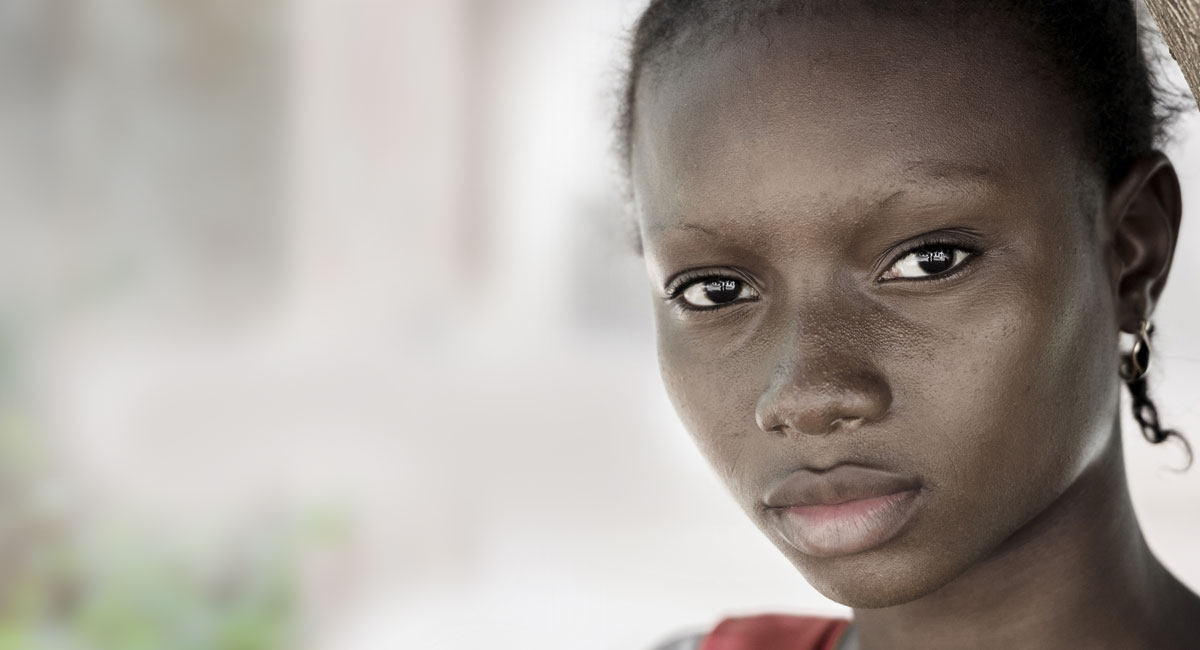- About
- Topics
- Picks
- Audio
- Story
- In-Depth
- Opinion
- News
- Donate
-
Signup for our newsletterOur Editors' Best Picks.Send
Read, Debate: Engage.
| July 26, 2019 | |
|---|---|
| topic: | Women's rights |
| tags: | #USA, #female genital mutilation, #Donald Trump |
| located: | USA |
| by: | Yair Oded |
In the United States, roughly half a million women and girls were at risk or have been subjected to FGM, as reported by the Centres for Disease Prevention and Control.
Presently, 23 states still allow FGM to take place within their territory. One of these states is the otherwise progressive Massachusetts.
A Change.org petition launched by Aisha Yusuf, Hanna Stern, and Mariya Taher (two of whom are survivors of FGM) calls on the Massachusetts State Legislature to pass a law banning female genital mutilation and cutting in the state, where an estimated 14,591 women and girls are at risk of being subjected to FGM.
Female genital mutilation refers to a ritual that involves partial or complete removal of external genitalia in order to control female sexuality. The practice has been directly linked to harsh side-effects, such as pain, bleeding, shock, and genital sores, and is known to cause profound psychological trauma.
A 1996 law passed by Congress banned FGM in the U.S., although no such cases were ever brought to trial until November of last year, when a Michigan doctor and several parents were criminally charged for conducting FGM on minors. Alas, Federal Judge Bernard Friedman of the United States District Court for the Eastern District of Michigan ruled that the 1996 law was unconstitutional, stating that Congress had no authority to institute such a ban, and decided to drop the charges against the defendants.
Then, in a blow to women’s rights activists and advocates, the U.S. Department of Justice decided in April, 2019 to refrain from defending the 1996 law and pursuing the case any further.
Judge Friedman’s ruling, bolstered by the subsequent inaction of the Justice Department, rightfully alerted human rights and women’s rights advocates, who now fear that the 23 states where the practice isn’t outlawed would become ‘destination states’ for FGM.
In Massachusetts, the state’s Women’s Bar Association has been pushing for the legislature to adopt a law banning FGM since 2012. The proposed bill, however, was sent to study, and there is no indication that it will be seriously deliberated upon in the foreseeable future.
In an opinion piece for Fair Observer, Taher, who was subjected to FGM at the age of seven and has played an active role in advocating for the bill, writes, “they are still not listening to us. The bills and our stories sit on a desk, unheard, undiscussed and, worst of all, silenced.”
Taher ascribes the apparent reluctance of the Massachusetts legislator to promote such a bill to its fear of targeting ethnic and religious minorities that are already persecuted by the Trump administration. While she comprehends its roots, Taher condemns this rationale, claiming that it ultimately results in the abandonment and oppression of the state’s most vulnerable women and girls.
“We should not and cannot sanction violence in the name of culture or religion. And we can’t protect all girls in Massachusetts unless we openly condemn female genital mutilation and recognize it for what it truly is — violence against girls”, states Taher.
All three petitioners emphasise the importance of education surrounding FGM, and they have all actively organised and conducted community engagement workshops and events in order to acquaint their family members and friends with the many dangers associated with FGM.
Yet, the petitioners argue that such community action can only be effective if it is complemented by strong legislation that outlaws this violent and oppressive practice. It is their hope that by applying sufficient pressure the residents of Massachusetts could convince their government to take a bold stance on the matter; an act they hope would have a ripple effect and ultimately set an example for other states as well.
Please consider signing their petition and expressing solidarity with women and girls, both in Massachusetts and around the globe.
By copying the embed code below, you agree to adhere to our republishing guidelines.
